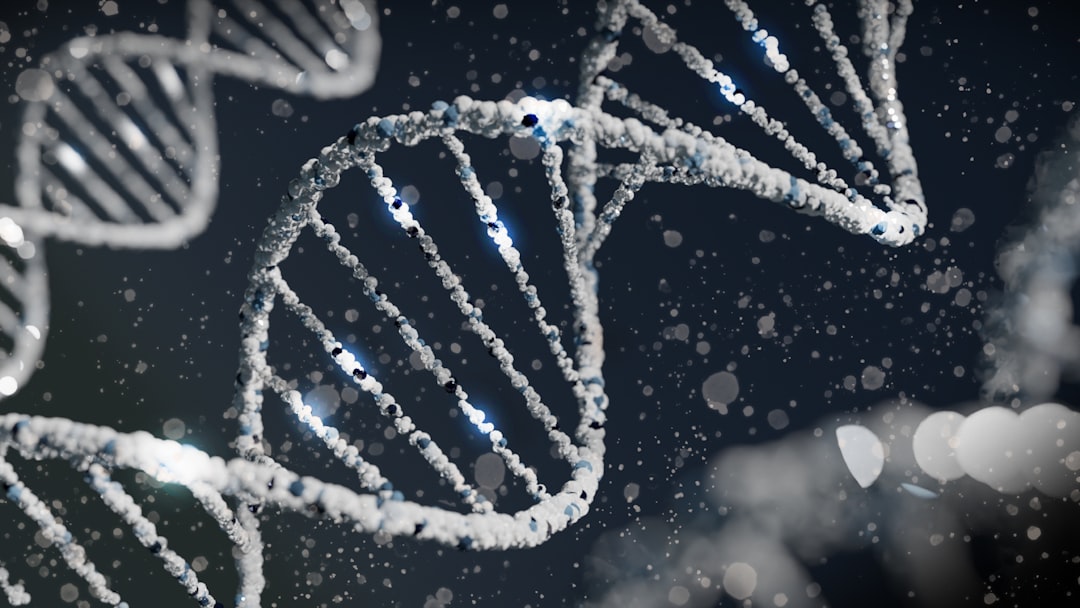What is it about?
We discovered a new root trait that makes them stiffer and better able to penetrate hard soil. This is important since deep soils are hard, and deeper roots are better able to acquire nitrogen and water, and are better able to sequester carbon from the air. We show that corn and wheat lines vary for this trait. In corn, the trait makes roots stronger, stiffer, and deeper in compacted soil in the field. We identified a gene controlling this trait. This discovery opens a new pathway to breed crops more tolerant of drought, less demanding for nitrogen fertilizer, and better able to take carbon out of the air and put it deep in the soil. These crops are urgently needed in global agriculture.
Featured Image

Photo by Holly Deckert on Unsplash
Why is it important?
In rich nations, intensive fertilization and irrigation are costly and cause massive pollution of the air, soil, and water. In developing countries, drought and lack of fertilizer are primary constraints to food security and economic development. Climate change, soil degradation, and population growth are making this problem worse over time. Crops that are better bale to tolerate drought, and that need less N fertilizer, will improve the sustainability and profitability of agriculture in rich nations, and will improve food security in developing nations. Crops with deep roots that sequester carbon from the atmosphere and place it deep in the soil are one of the best options to mitigate the effects of global climate change.
Perspectives
As this work shows, we can develop solutions to the great challenges we face as a species. There is hope.
Jonathan Lynch
Pennsylvania State University
Read the Original
This page is a summary of: Multiseriate cortical sclerenchyma enhance root penetration in compacted soils, Proceedings of the National Academy of Sciences, February 2021, Proceedings of the National Academy of Sciences,
DOI: 10.1073/pnas.2012087118.
You can read the full text:
Contributors
The following have contributed to this page










